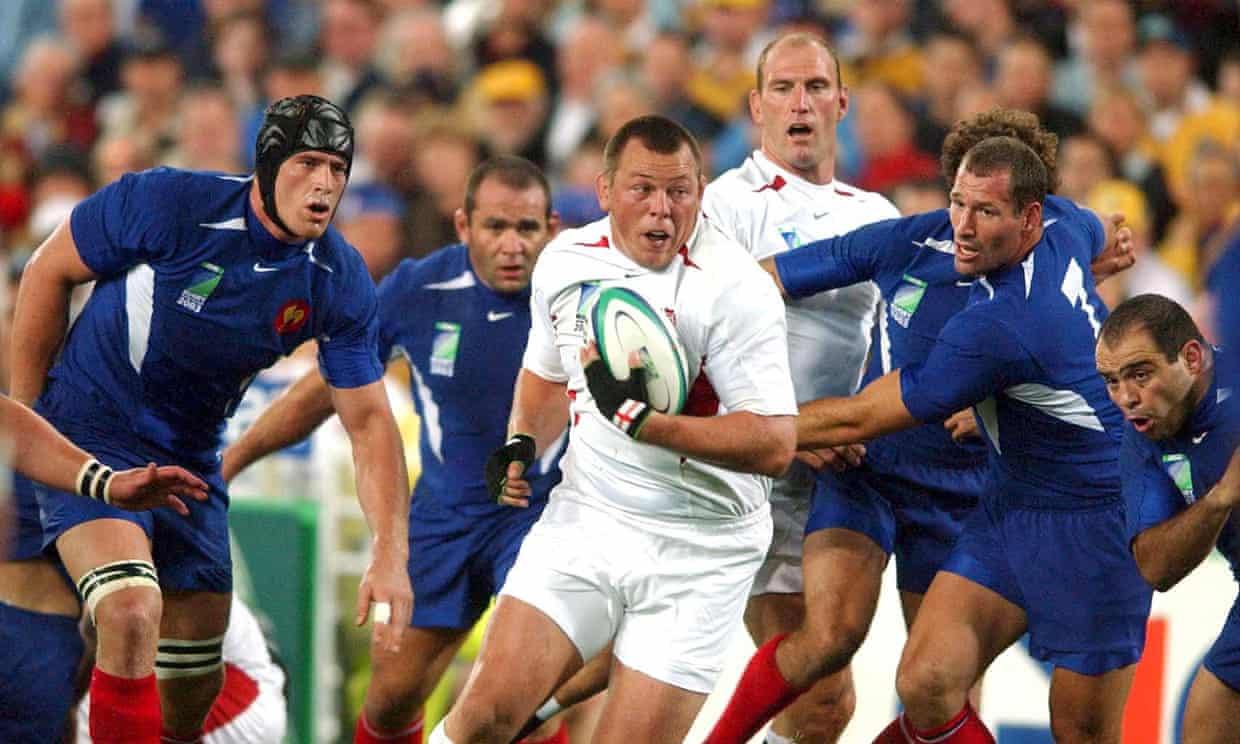Rugby’s big headache
0A little over a month ago I wrote in this space about the events of the fourth and final Bledisloe Cup Test that saw All Black Ofa Tu’ungafasi and Wallaby Lachie Swinton both sent off and World Rugby’s desire to deal with contact with the head, and I didn’t think I’d be back on this topic so soon.
But what has brought me back is this week’s news of a class-action lawsuit being taken against World Rugby by former players who’s lives have (allegedly) been impacted by their time in the game, and at the very highest level. The highest profile of those who have put their name to it so far is former England hooker Steve Thompson, an abrasive, physical, uncompromising man in his playing days and a member of their victorious 2003 Rugby World Cup squad.
Yet Thompson, by his own testimony, cannot now remember the tournament. much less the pulsating extra-time decider in Sydney. He’s also just 42 years old.
As with similar lawsuits, much of the case will depend on just what people knew and when, and as we’ve seen with America’s NFL covering up or suppressing reality isn’t an ideal strategy. There’s no doubt that our understanding of concussion and what the long-term effects of repeated head knocks are is much greater now than it was 20 years, but it would seem prudent to consider this action against the science of that day, not this one.
That said, when it comes to head injuries there remains the great unknown; how much is there that we haven’t yet discovered?
The group have also given a list of “15 Commandments” for action, ranging from reducing the number of substitutes per game through to improved aftercare and testing. Many of these are already under action or consideration, but others – such as a single database chronicling a player’s injury history – will be harder to implement.
Yet while this action may just bring rugby’s lingering headache into sharp focus, a strange dichotomy now exists in the game. As eloquently summated to me by Benji Crossley (@bopman1) whose career in rugby administration has included a lengthy stint at Twickenham, on one hand you have these players – first-generation professional players who literally laid the foundation for the modern game – taking this step, together with the various Player Associations who have done so much work to improve welfare for the current and future generations, while on the other there are commentators and pundits bemoaning the game going soft (see John Kirwan and his nonsensical comments at halftime of the aforementioned Bledisloe match) which in turn influence the thinking of the rugby public.
I don’t know about you, but I don’t see rugby as something played for the spectacle of seeing someone knocked out. Go follow the UFC if that’s your sort of thing.
Follow Scott on Twitter

